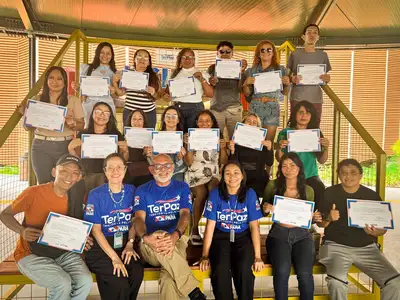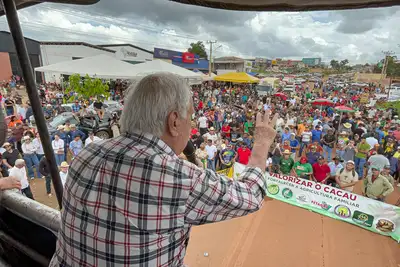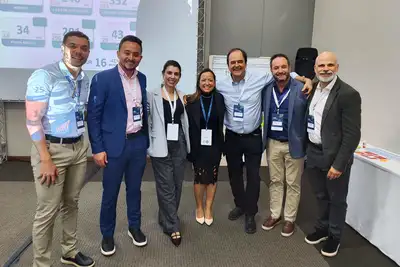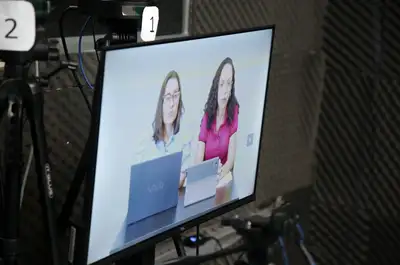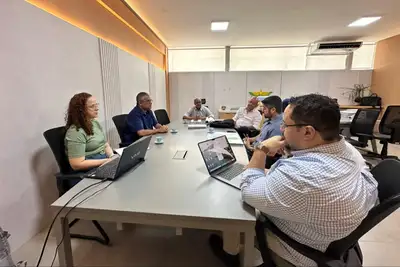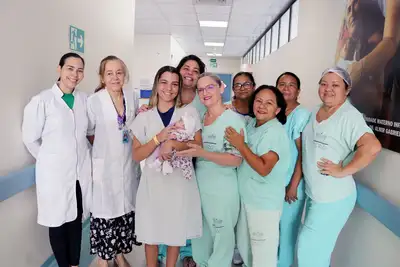Fapespa opens III Seminar of the Pará Network of Regional Accounts and Bioeconomy
Event brings together researchers from universities in Pará and presents studies on sustainable development and bioeconomy production chains
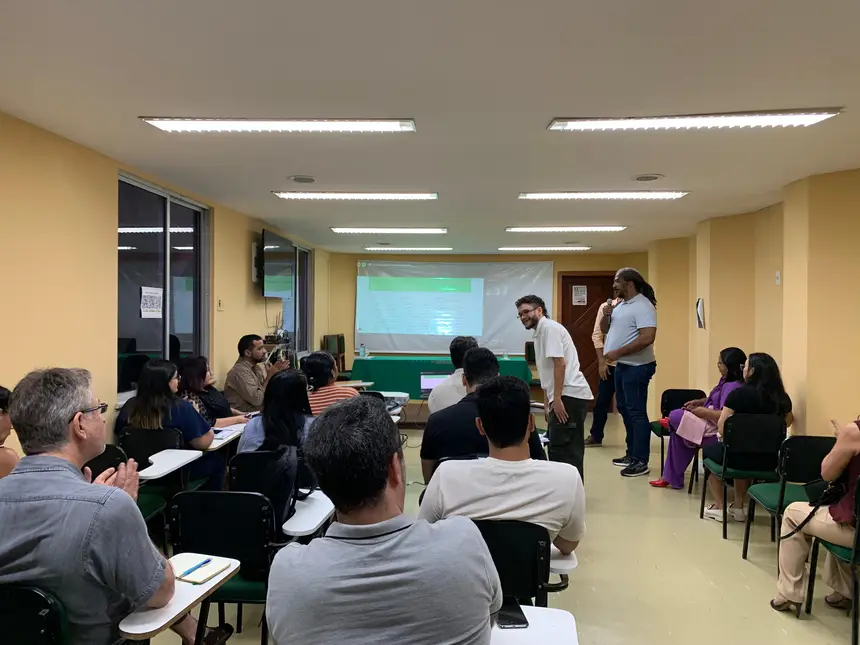
The Amazon Foundation for Support of Studies and Research (Fapespa) promotes the III Seminar of the Pará Network of Regional Accounts and Bioeconomy, during the days August 19, 20, and 21, in Belém. The initiative is led by Fapespa, in partnership with the Federal University of South and Southeast Pará (Unifesspa), Federal University of Western Pará (Ufopa), and Federal University of Pará (UFPA). The goal is to integrate science and regional planning as pillars for the sustainable development of the State, with bioeconomy as the central axis.
The event gathers researchers, representatives of public institutions, and students from partner universities to present preliminary results and feedback from ongoing action lines of the Bioeconomy Network. The Network was created to measure bioeconomy in Pará, its social impacts, and to identify still invisible segments of this economy, broadening the understanding of the sector and highlighting its complexity and potential. The seminar is being held at the Association of Employees of the Bank of the Amazon (EABA).
"Fapespa, through the Pará Network of Regional Accounts, is developing strategic preliminary studies to promote and consolidate public policies based on sustainable development in the region, considering the specificities, local needs, and also to elaborate proposals and technical positions based on studies and research of Pará's Bioeconomy," highlighted Atyliana Dias, director of Statistics and Technology and Information Management at Fapespa, responsible for the Network.
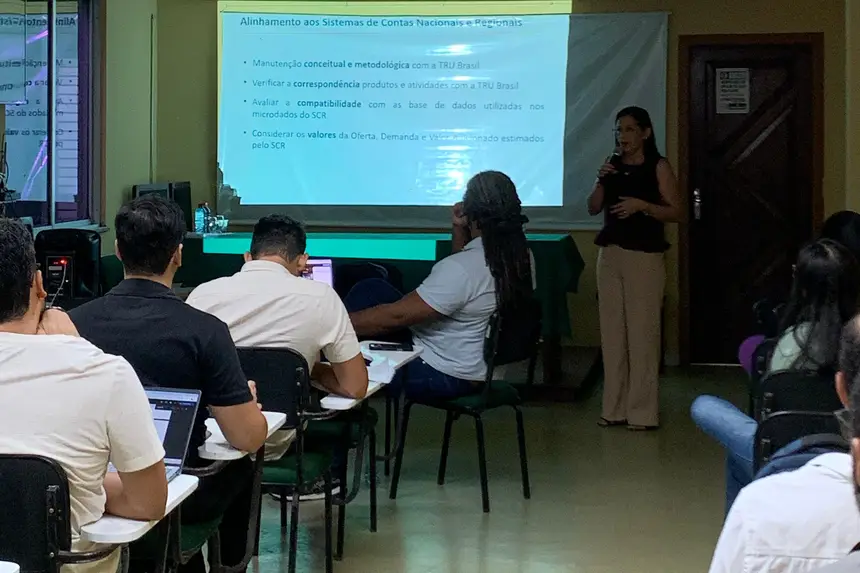
Partnership – Created in November 2024 by Fapespa, the Pará Network of Regional Accounts and Bioeconomy was designed to estimate the size of the Pará bioeconomy. The project seeks to promote sustainable development in the Amazon, involving researchers from institutions in the process of measuring bioeconomy in the State, identifying its functioning as a producer and demander of inputs. The study also includes the evaluation of the income generated by bioeconomy and its impact on the economic and social development of the region.
In addition to solidifying results from research already conducted to date, the seminar aims to promote dialogue among researchers from partner institutions of the Pará Network of Regional Accounts and Bioeconomy in the international climate discussion scenario and to plan their future actions.
Research- At the beginning of the program, held on the afternoon of Tuesday (19), with the 1st plenary session, preliminary results of two products were presented, namely Electronic Invoices (NFe) and the Resource and Uses Table (TRU), which are projects resulting from the partnership with Fapespa, developed by the Regional Accounts Laboratory of the Amazon (Lacam), from Unifesspa.
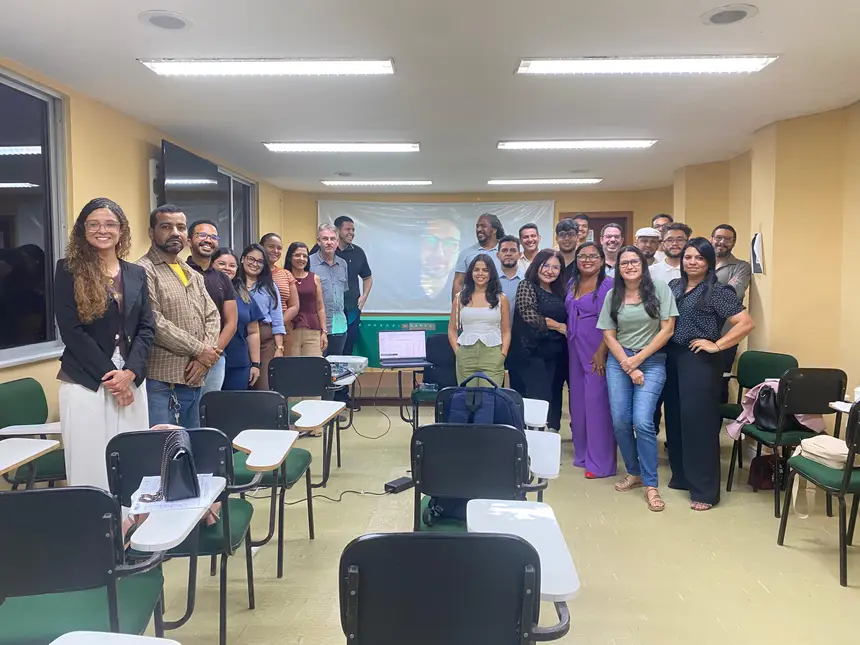
The Electronic Invoices (NFe) project will allow users to know the origin and destination of bioeconomy products, and the Resource and Uses Table (TRU) will enable the organization of economic activities and products according to the type of economic operation, for example, production, intermediate consumption, final consumption, and components of added value, as well as knowing the Gross Domestic Product (GDP) of Pará.
During the seminar, the preliminary results of projects developed by Unifesspa were presented, one of which stems from the analysis of the Supply and Consumption Network, which uses Electronic Invoices (NFe), and consisted of a data filtering system that identified 433 products potentially related to Bioeconomy.
The other line, which aims to estimate the Resource and Uses Table (TRU) with an opening for bioeconomy, resulted in a technical note with the methodological exposition for the classification of these products and the proposal for the distribution of the amount of R$ 420 billion, the gross value of domestic production of items produced in Pará.
According to Giliad Souza da Silva, professor of the Economics course, postgraduate planning, and coordinator of Lacam, from Unifesspa, the Network is innovative because it uses methodologies that are scientifically robust and are the first proposed methodologies for this type of analysis.
"The important result of the Network is the pioneering nature of a set of political agendas. This means that there is a set of research agendas with pioneering methodologies, which will consequently also have pioneering results," said Professor Giliad.
For him, the unprecedented initiative will contribute on a planetary scale. "We had never had this experience with robust actions and with colleagues from Pará. So, in this case, it seems to me that the first major result is the strengthening of networks of researchers from Pará, which indeed have relevance in these research agendas and can generate products, even on a planetary scale."
Program - The event continues until the 21st with presentations, proposals, and discussions on preliminary results of studies on bioeconomy production chains already obtained to date, involving different research nuclei.
Participating are the SBDiversity Laboratory/Federal University of Western Pará (UFOPA); and the Agrarian Dynamics and Sustainable Development in the Amazon (DADESA) group from the Amazon High Studies Center (NAEA) of the Federal University of Pará (UFPA). The groups will address bioeconomic chains and alpha accounts, while the Public Policies for Climate Mitigation and Adaptation (PPMAC)/University of South and Southeast Pará (Unifesspa) will bring studies on climate policies and local public spending in interface with bioeconomy.
“The seminar is aimed at invited institutions and integrates Fapespa's ongoing effort to promote regional development based on data, innovation, and sustainability,” explains the director of Statistics and Technology and Information Management at Fapespa, Atyliana Dias.


